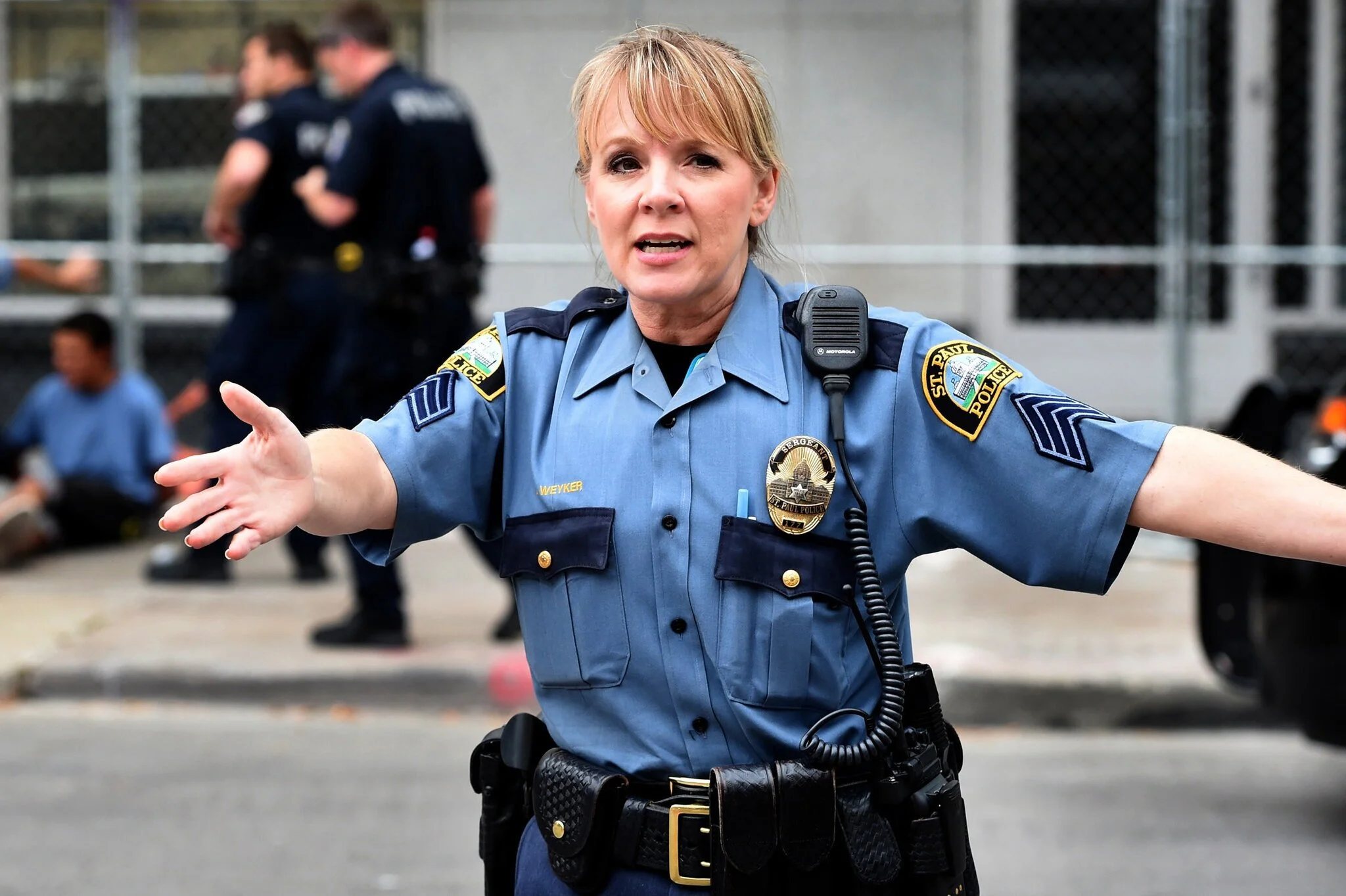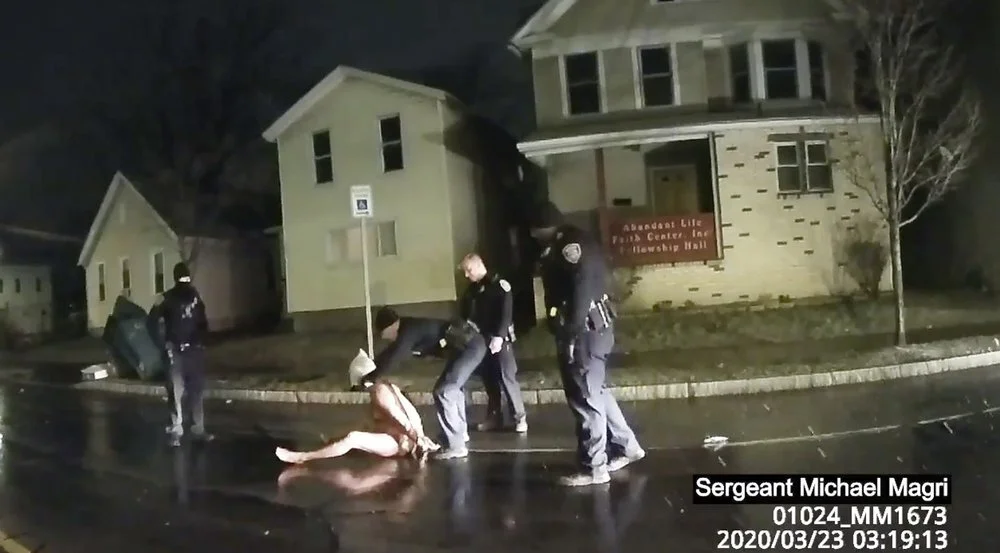When something goes catastrophically wrong with a police action, we ask whose fault it was. Who made the mistake? Focusing on who’s to blame is a key question for justice. But what if we want to prevent similar errors going forward? How do we fix the system that allowed the mistake to happen?
Read MoreA pair of articles in USA Today (paywall) and the New York Times raises the question: do police officers face any real consequences for making false statements to cover up criminal abuse?
Read MoreIn the world of police reform, accountability for misconduct depends on transparency – and that kind of transparency exists in very few places. So when a state finally does open its files on police discipline, what do we learn?
Read MoreToday marks the one-year anniversary of George Floyd's murder by Minneapolis police officer Derek Chauvin. How have his death and the resulting groundswell of activism shaped the landscape for criminal justice reform?
Read MoreIndependent investigations into police killings are supposed to circumvent the apparent conflict of interest that often prevents local prosecutors from bringing charges against local officers. But they don't seem to be any likelier to result in charges, because the law is stacked in favor of police regardless of who's investigating.
Read MoreA Minneapolis jury has found former police officer Derek Chauvin guilty on all three counts in the murder of George Floyd. What does it mean for criminal justice reform?
Read MoreAs president, Joe Biden can fight for the criminal justice reforms the electorate is demanding... or he can double down on his decades-long advocacy for tougher policing, harsher sentencing, and stricter drug laws. With Inauguration Day on the horizon, we ask: what will Joe do?
Read MoreWho bears responsibility for Breonna Taylor's murder?
Read MoreWith the murder of George Floyd at the hands of police, the search for ways to tame police misconduct has become more intense than ever. Can requiring officers to have private insurance play a role?
Read MoreThe death of George Floyd in Minneapolis set off outrage, weeks of demonstrations across the country and around the world, and has started discussion and legislative action at every level of government. On this episode, we’ll ask an African American law enforcement leader what policing has been like – and where it goes now.
Read MoreMany people make their social media posts public. Everyone can see them, like a signed billboard visible anywhere in the world. So, what should we think when we learn that *some* police officers, in some departments, have been posting racist messages or memes endorsing violence, visible to anyone on the Internet?
Read MoreMany people make their social media posts public. Everyone can see them, like a signed billboard visible anywhere in the world. So, what should we think when we learn that *some* police officers, in some departments, have been posting racist messages or memes endorsing violence, visible to anyone on the Internet?
Read MoreAn Illinois police officer gets probation after shooting his own son.
Read MoreSome district attorneys' offices keep secret lists of police officers who are not to be called to testify because their credibility is in question. How widespread is the practice?
Read MoreLaw enforcement officers making an arrest have to identify themselves as cops... right?
Read MoreEfforts to oversee police several decades ago resulted in hundreds of complaint review boards that investigate individual complaints. But a new type of oversight is gaining traction – one in which appointed civilians look at whole departments and how they do their jobs.
Read More














